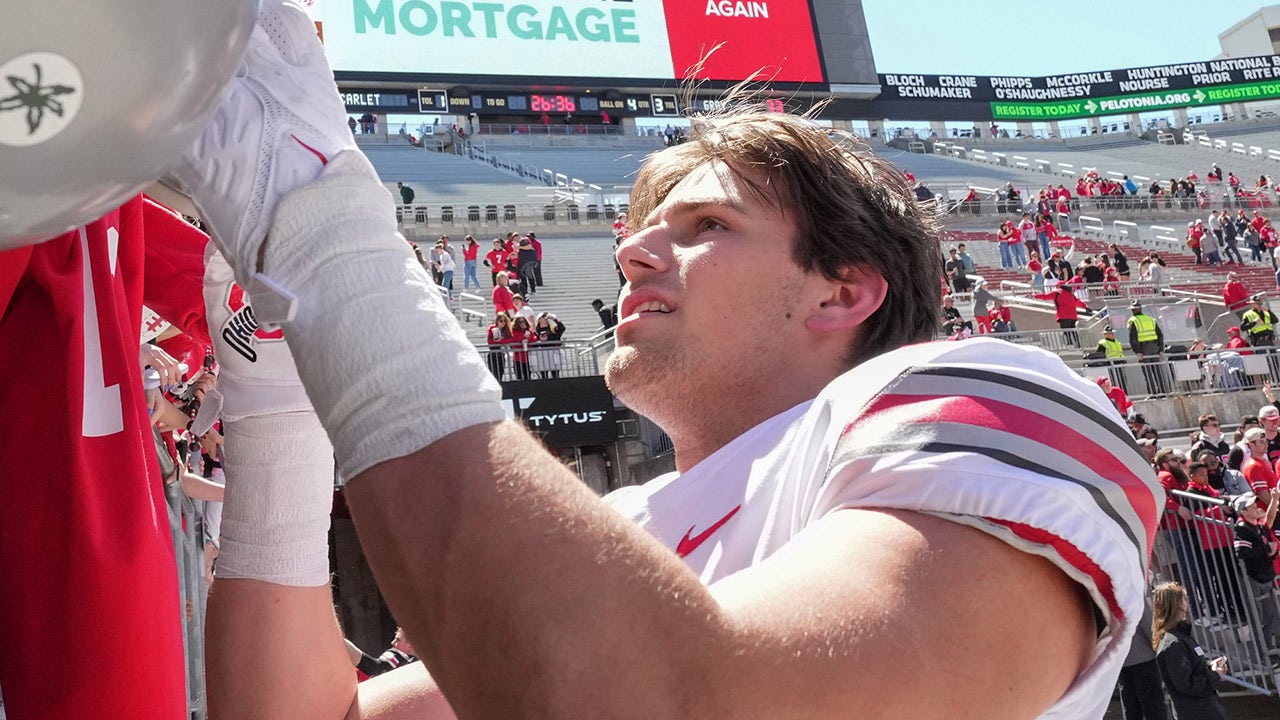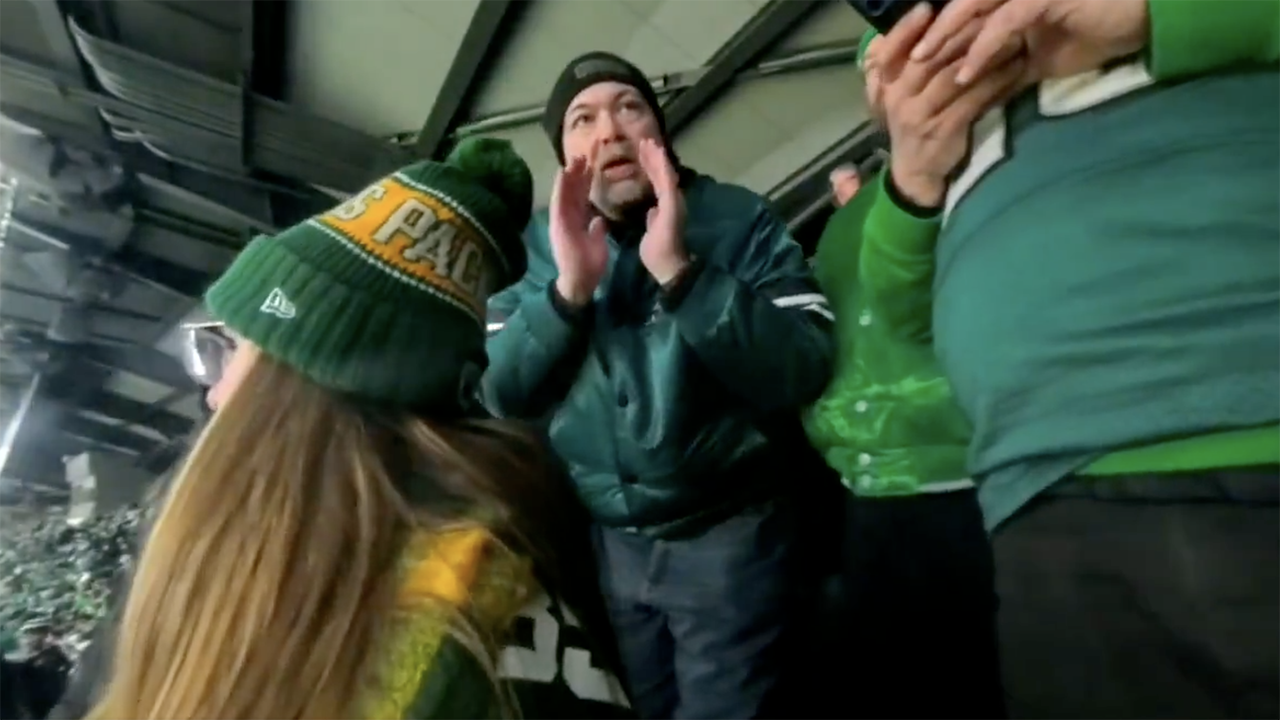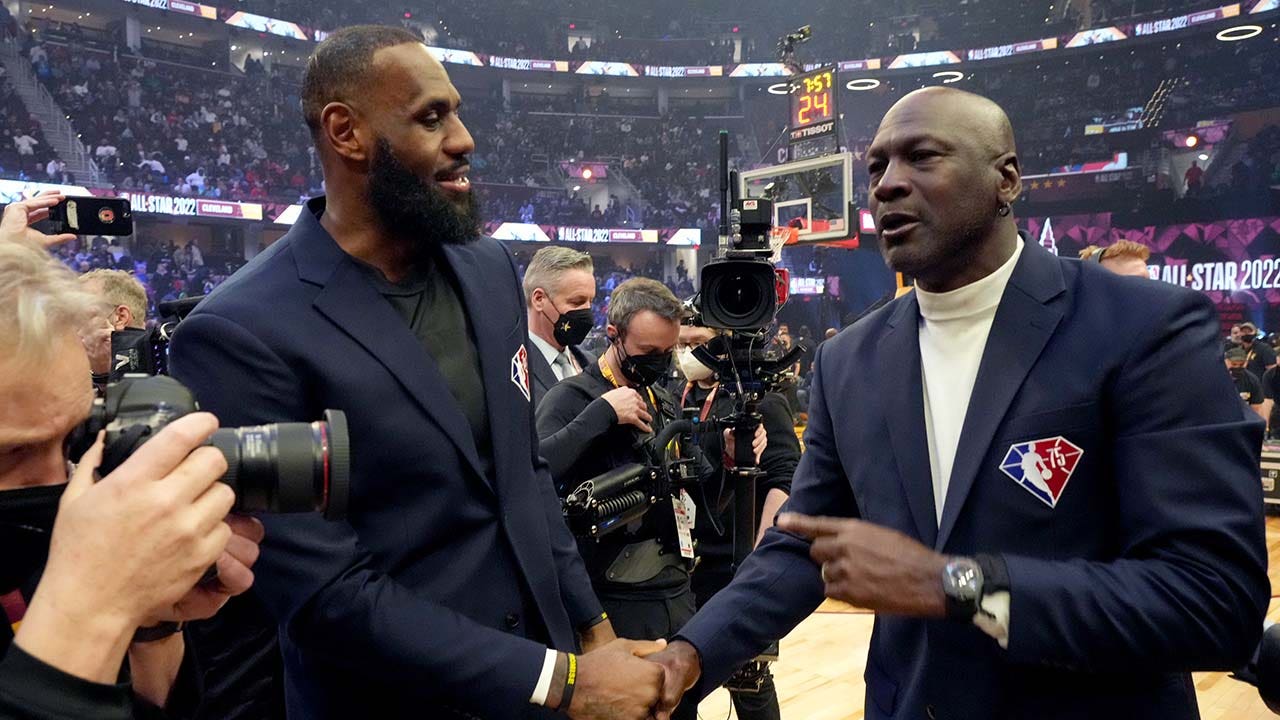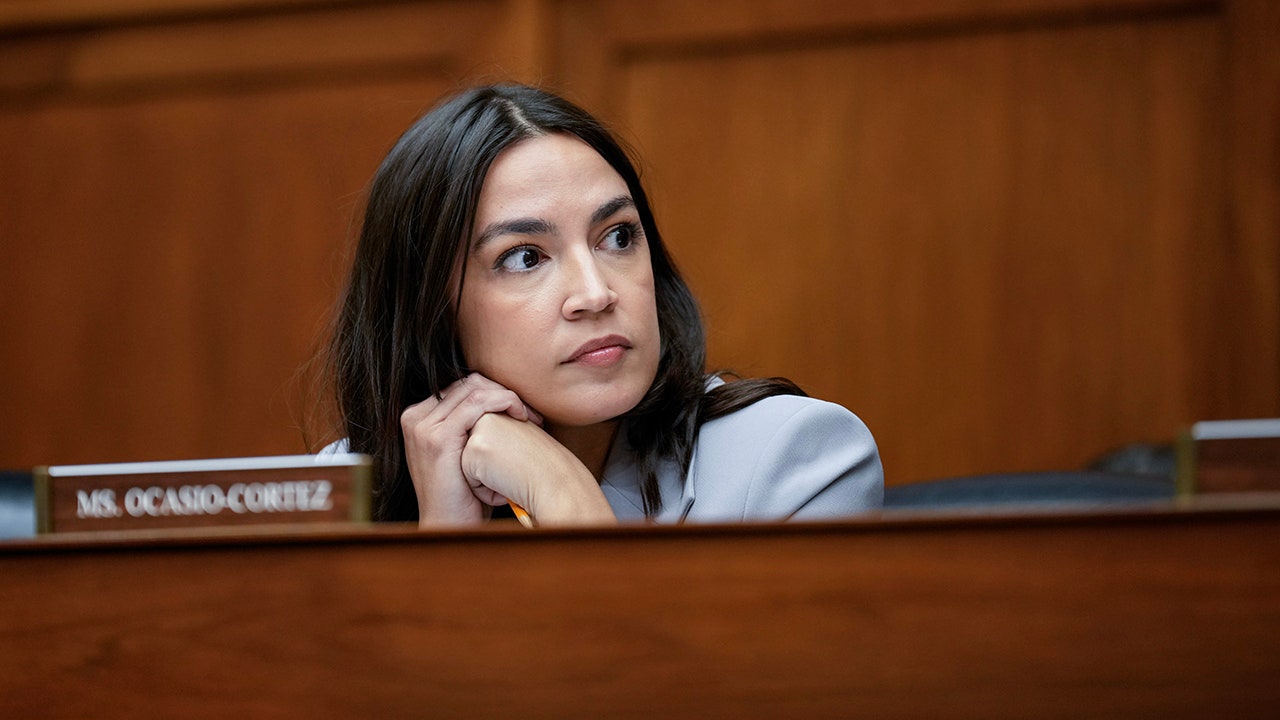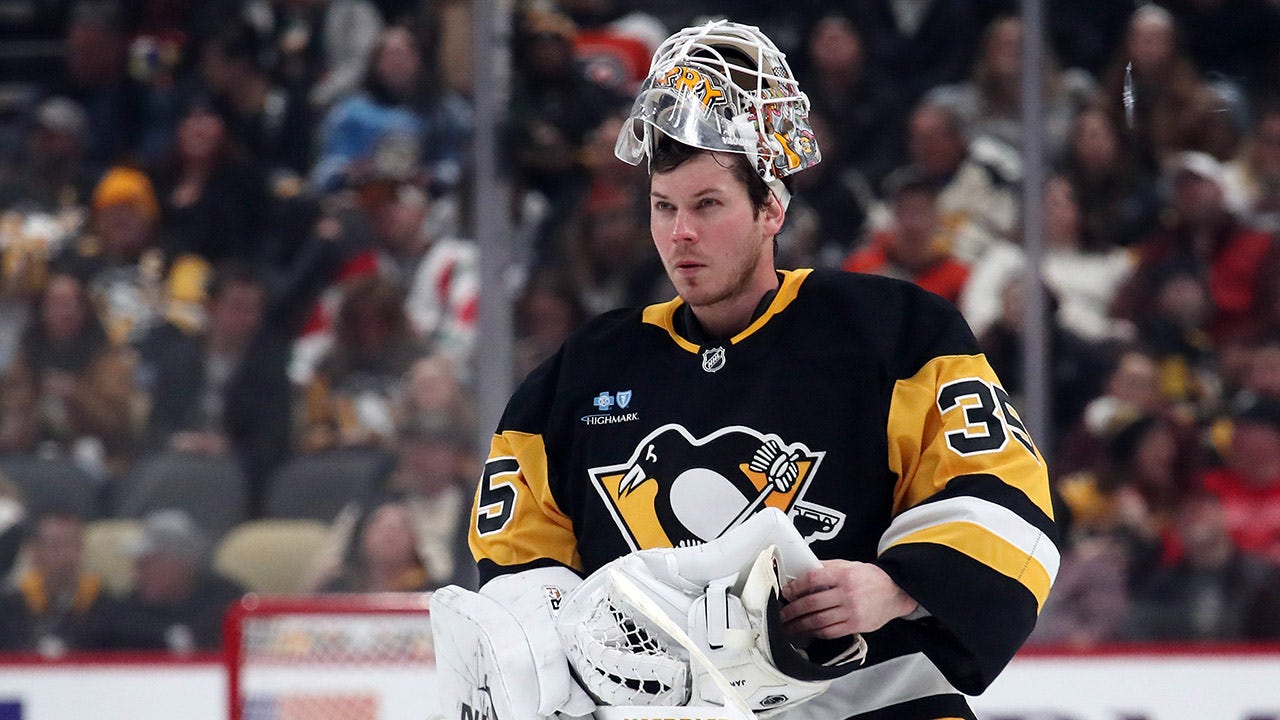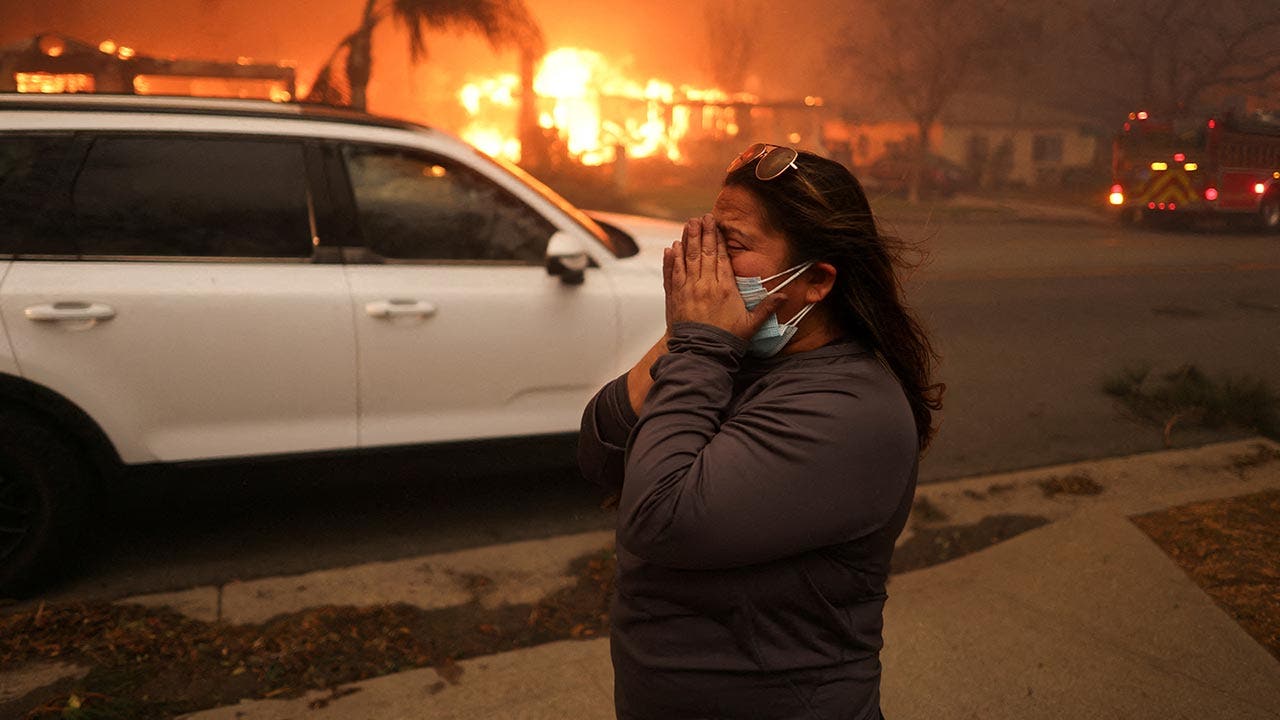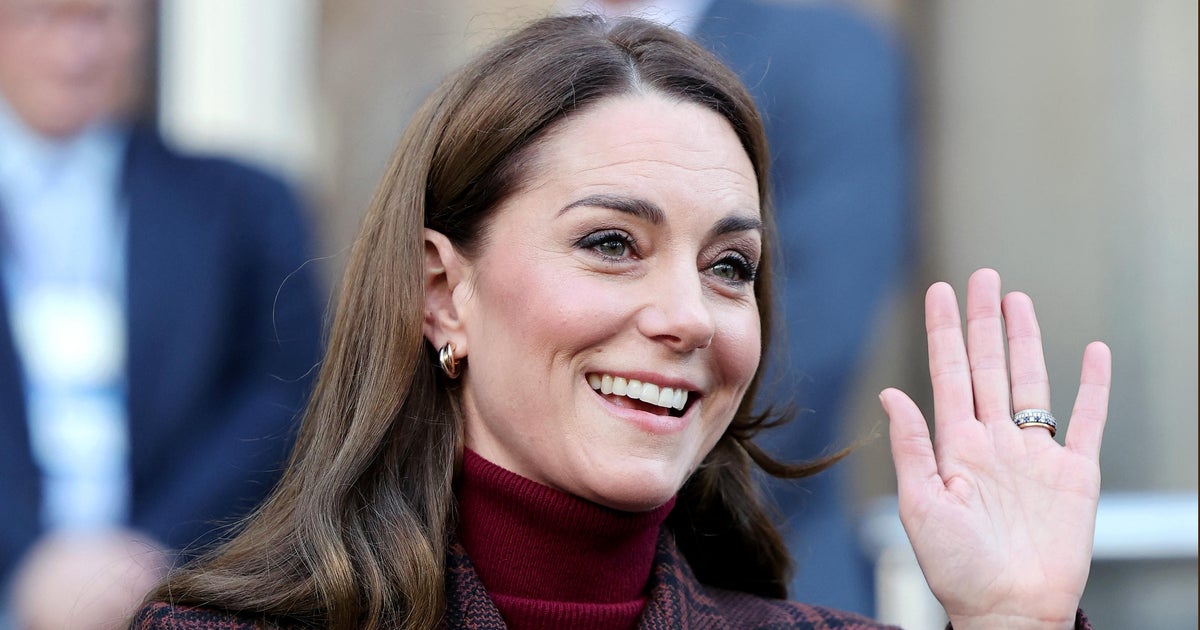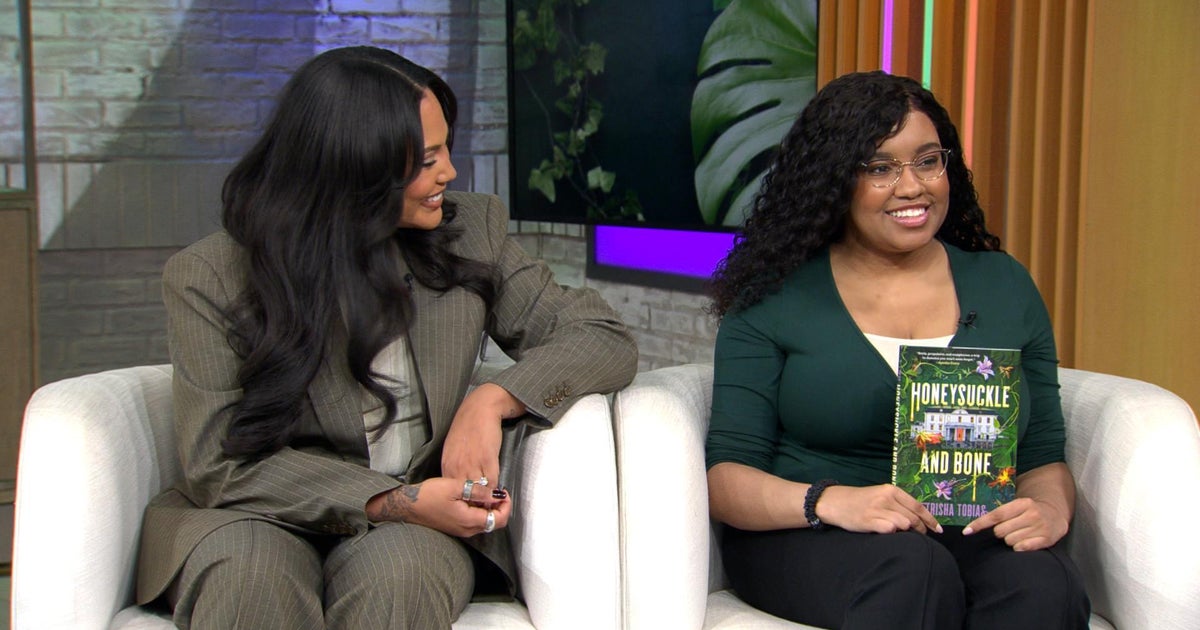Perry was open in his 2022 memoir, “Friends, Lovers, and the Big Terrible Thing,” about how many personal experiences he drew on for the character that made him famous: his parents’ separation when he was only nine months old, his panic flying alone at age 5 to see the father who’d abandoned him, his cataclysmic anxiety when his mother (in her capacity as the press secretary for Canadian Prime Minister Pierre Trudeau) failed to catch his eye during public appearances. Even his feeling that he didn’t quite belong to either parent’s new family when they remarried and reproduced. “It wasn’t that I thought I could play ‘Chandler,’ I was Chandler,” he wrote, revealing that the “Friends” creators asked the cast about themselves with an eye toward using aspects of their personalities and histories. Perry told them that even though he considered himself “not unattractive,” he had “disastrous relationships” and, crucially: “I was not comfortable in any silence at all — I have to break any such moment with a joke. And this became a built-in excuse for Chandler Bing to be funny.”
Perry’s Chandler was skittish and sweet, damaged and conflicted and dysfunctional — a keen observer deeply convinced of his own unworthiness in a way that didn’t feel like a joke. He felt like the joke, always; the bits were just a way to mask a bottomless need for reassurance, a tool to stop people from leaving him. He found sincerity, when he tried it, terrifying. “I’ve scared ya,” the character said to his girlfriend Janice (Maggie Wheeler) in the show’s third season, as she fled in response to his panicked suggestion that they live together. “I’ve said too much. I’m hopeless and awkward and desperate for love!”
Perry delivered that particular line frantically and well back in the fall of 1996, with a chaotic edge scrambling the mannered emphasis that characterized so many of his line readings. (And which, for a time, changed the way much of the country talked.) It’s a particularly affecting scene to watch now for a couple of reasons. The first is simply that Perry himself was so visibly unwell: he admitted finding that moment hard to watch in a 2022 interview with Diane Sawyer because he remembered the desperation he felt. He was out of control, losing frightening amounts of weight (he’d eventually bottom out at 128 pounds) and wrestling with addictions that would land him in rehab more than a dozen times — and in the hospital for five months after his colon burst from opioid abuse, very nearly killing him.
The second has to do with the plot of that episode, “The One with the Metaphorical Tunnel.” Chandler’s fear of commitment had been kicking in, so he was conducting an experiment by committing hard to Janice instead of fleeing. He overshot the mark and her departure — now that he’d tried to keep her — sent him into a tailspin. It’s a version of a tortured dynamic Perry repeatedly described in his memoir, which is as much about his despair over how he sabotaged his chances at love (and how much he wanted and looked forward to finding it, and having children) as it is about addiction.
“I have spent my life being attracted to unavailable women,” Perry wrote. “It doesn’t take a psychology degree to figure out that this had something to do with my relationship with my mother.” The moment they became interested, his interest dipped (“they were available, so I had no need for them”), and when relationships got dangerously good, he made a habit of leaving before they could. “Why would she not?” he wrote of his relationship with Julia Roberts. “I was not enough; I could never be enough; I was broken, bent, unlovable. So instead of facing the inevitable agony of losing her, I broke up with the beautiful and brilliant Julia Roberts.”
This is a complicated and unattractive dynamic, bordering on caddish (which Perry frankly admits). In his book, Perry does his best to unpack it and apologize to the women he dumped. “I am grateful, and sorry. Oh, and available,” he half-joked.
But on “Friends,” Perry sold this package of traits as comedy and, just as importantly, as pathos. Chandler wasn’t a type when he stepped into the character at 24, but he became one. He came to define — and explain — a certain kind of broken, half-defended, funny but anhedonic Gen X masculinity. Chandler Bing was a man yanked hither and yon by insecurities and compulsions. His dread as Janice leaves in the scene above is as horribly real as it is funny. Perry managed to make his character’s distaste for her (which at times bordered on hatred and memorably caused him to fake a move to Yemen) coexist quite believably with an agonized need for her that escalated to panic whenever she left.
This is no small feat. Perry got a lot of credit for his impeccable timing, his nimble physicality and his gift for mining a line for unexpected beats. (Really, he became a victim of his own success on this last front: “I’d had to beg the producers to let me no longer speak like Chandler for the final few seasons,” he wrote. “That particular cadence — could it be more annoying? — had been so played out that if I had to put the emphasis in the wrong place one more time, I thought I’d explode, so I just went back to saying lines normally, for the most part in season six and then beyond.”)
But his greatest achievement — especially considering how out of control he was and how much he was suffering — was how precisely and sweetly he rendered the plight of a character dancing desperately for laughs (and trapped by incompatible desires) in ways that borrowed truly and tragically from his life. There’s something poignant about Perry trying not to talk “like” the character he created, and it’s difficult to read in his memoir, given how soon after its publication he would die, that he wanted his work on “Friends” to be “way down on the list of things I had accomplished.”
Perry had a fine career. He won Emmy nominations for his “West Wing” appearances, his final season on “Friends,” and his role as Ron Clark in the 2007 limited series “The Ron Clark Story.” “The Whole Nine Yards” was a hit. It was fun to see him wherever he turned up: on “Ally McBeal,” on Lisa Kudrow’s semi-scripted, largely improvised show “Web Therapy.” He was proud of his work on “Studio 60 on the Sunset Strip,” “Mr. Sunshine” and the 2012 sitcom “Go On.” He finished his book. After all his struggles, he deserved relief and a fresh start. He was writing screenplays. He had hopes.
He didn’t get the second act he wanted and deserved. But we can simultaneously admire, be grateful for, and lament how much of himself he left on the field with his first.











